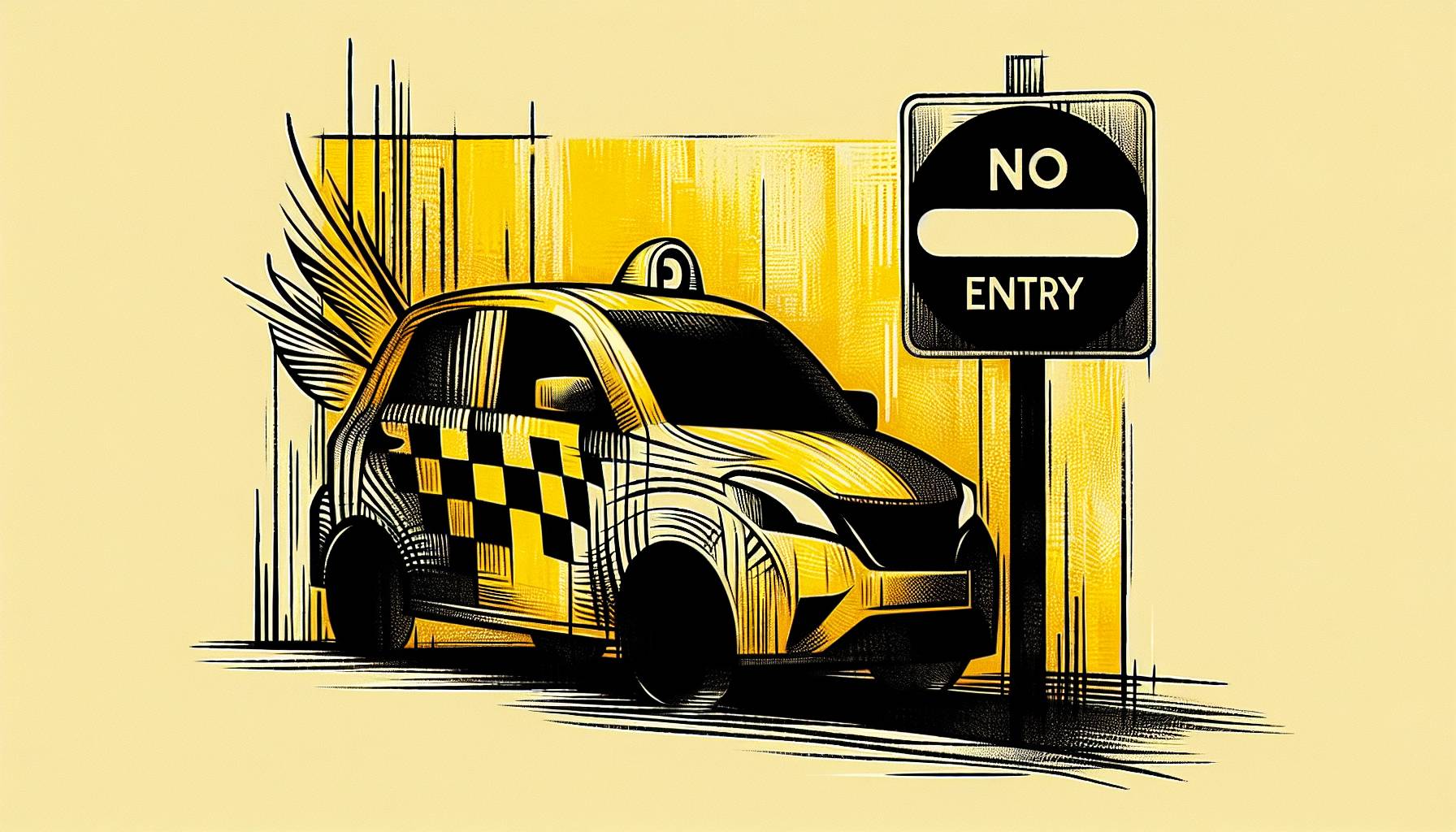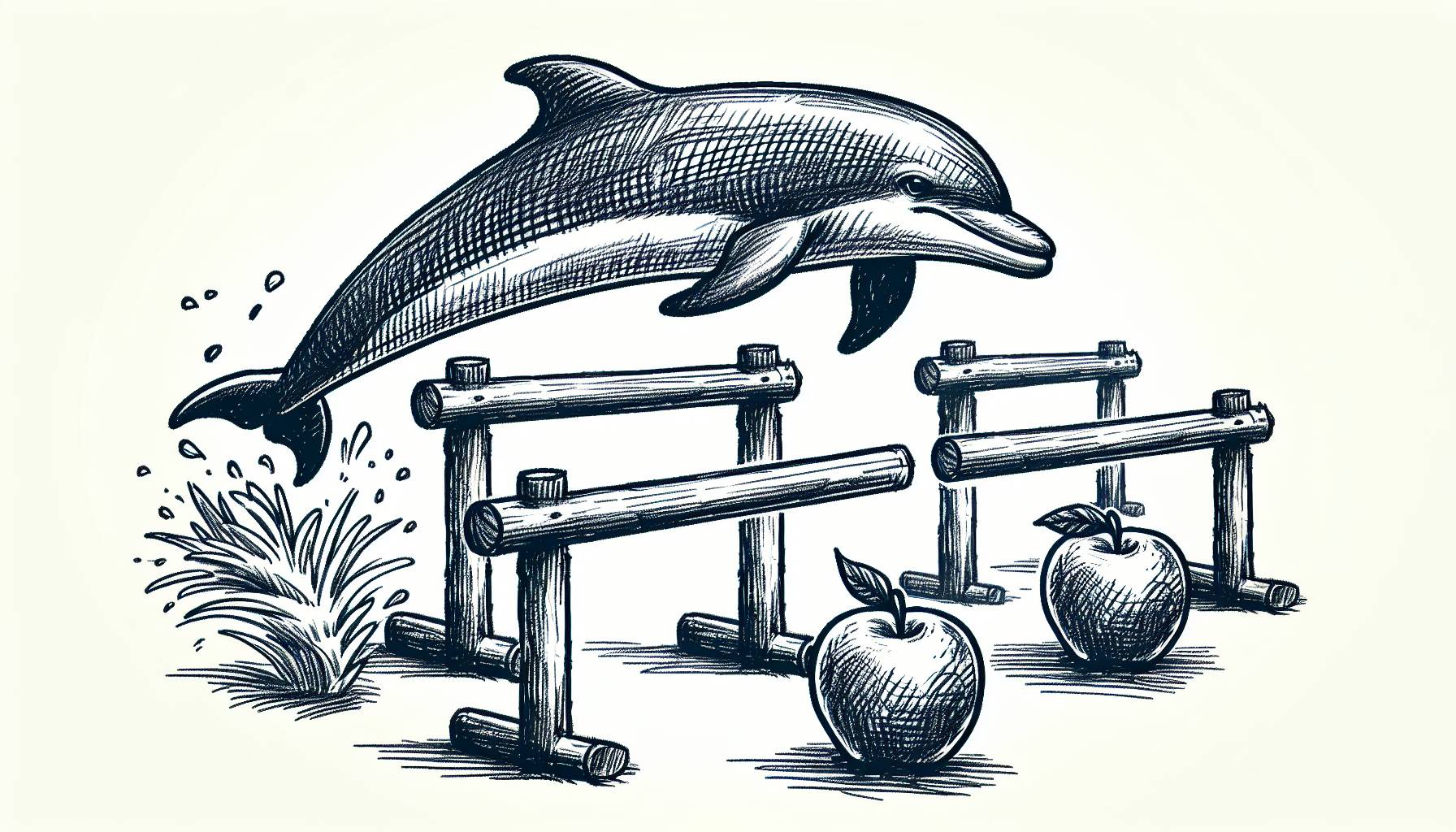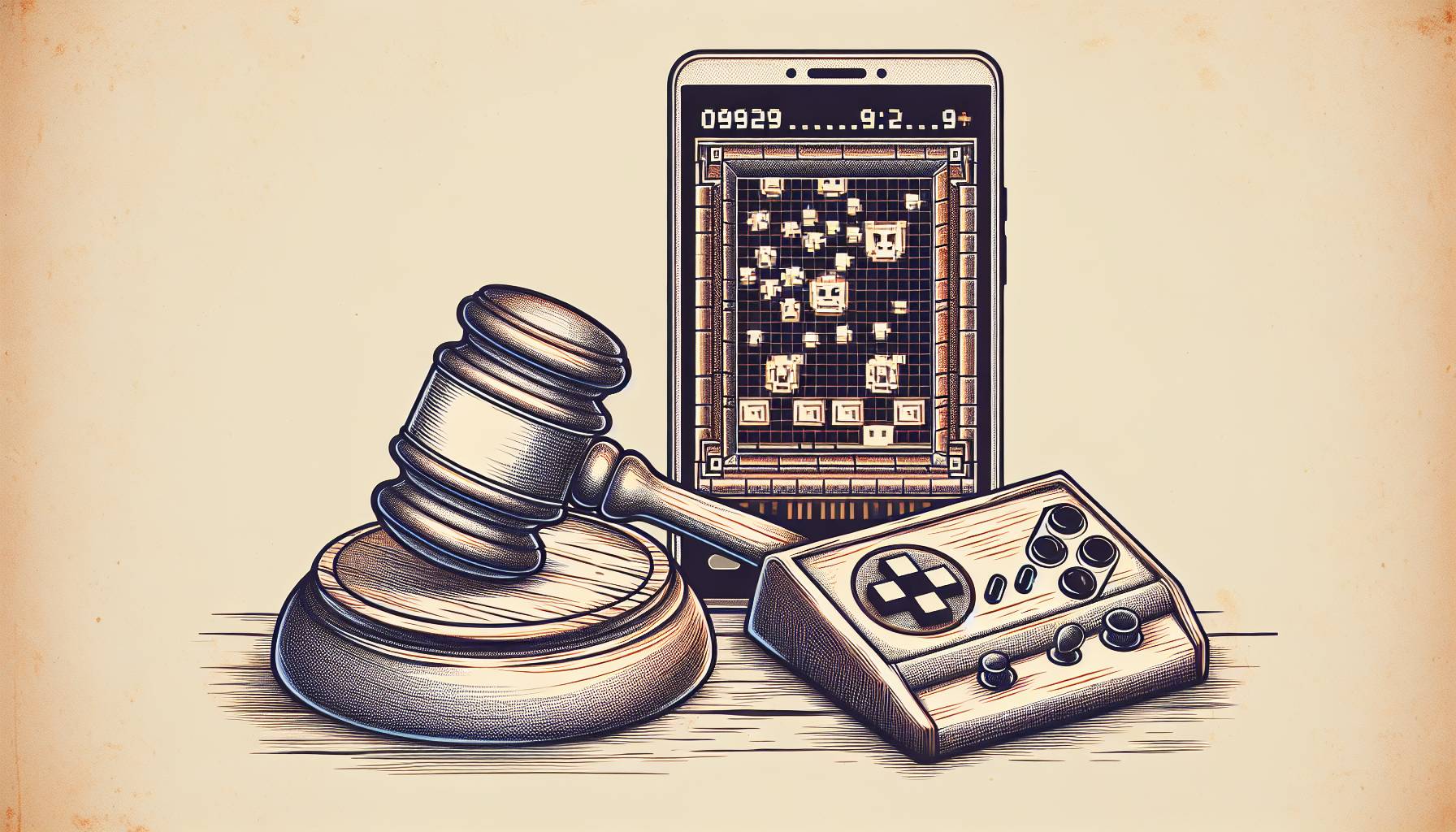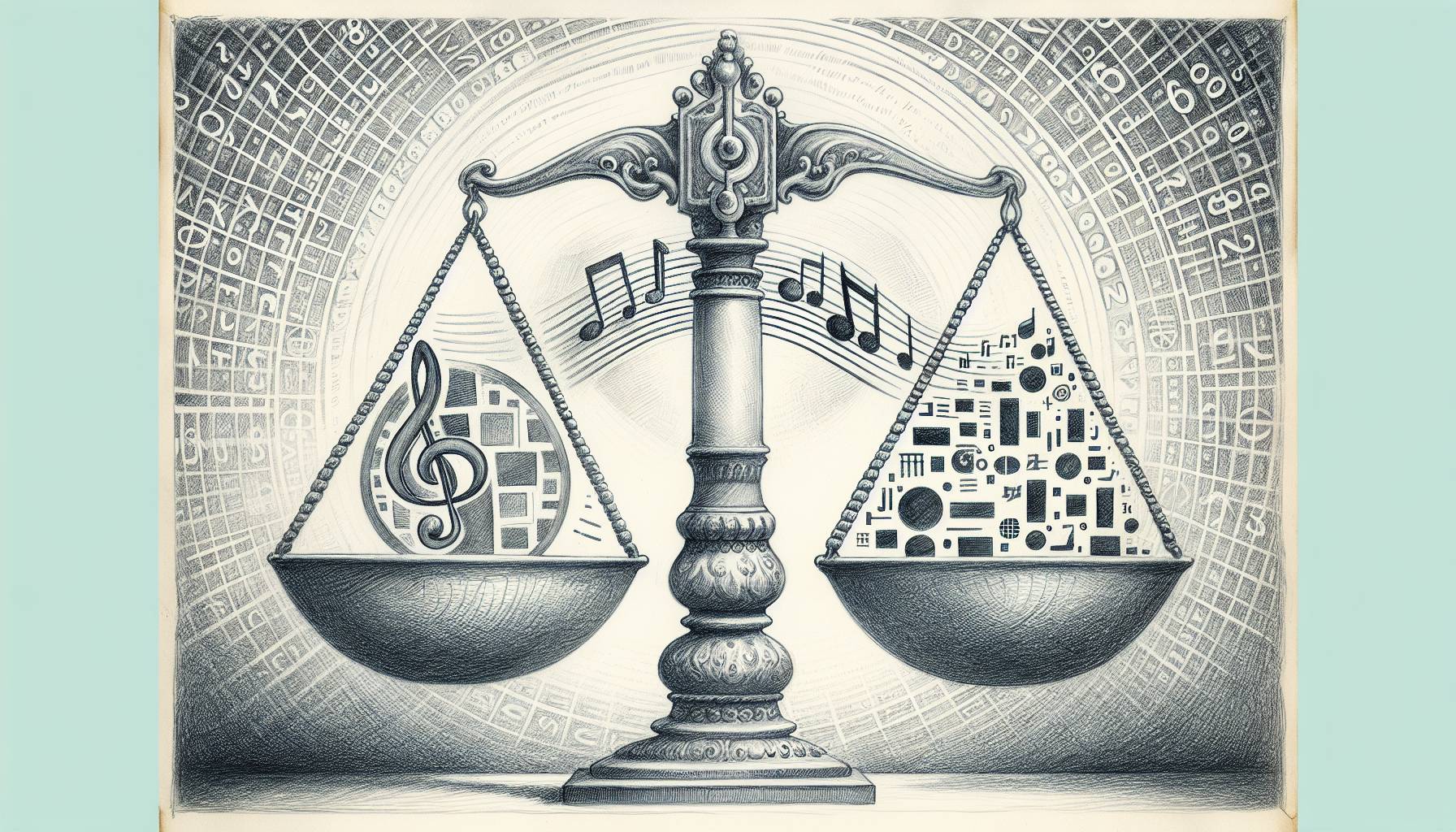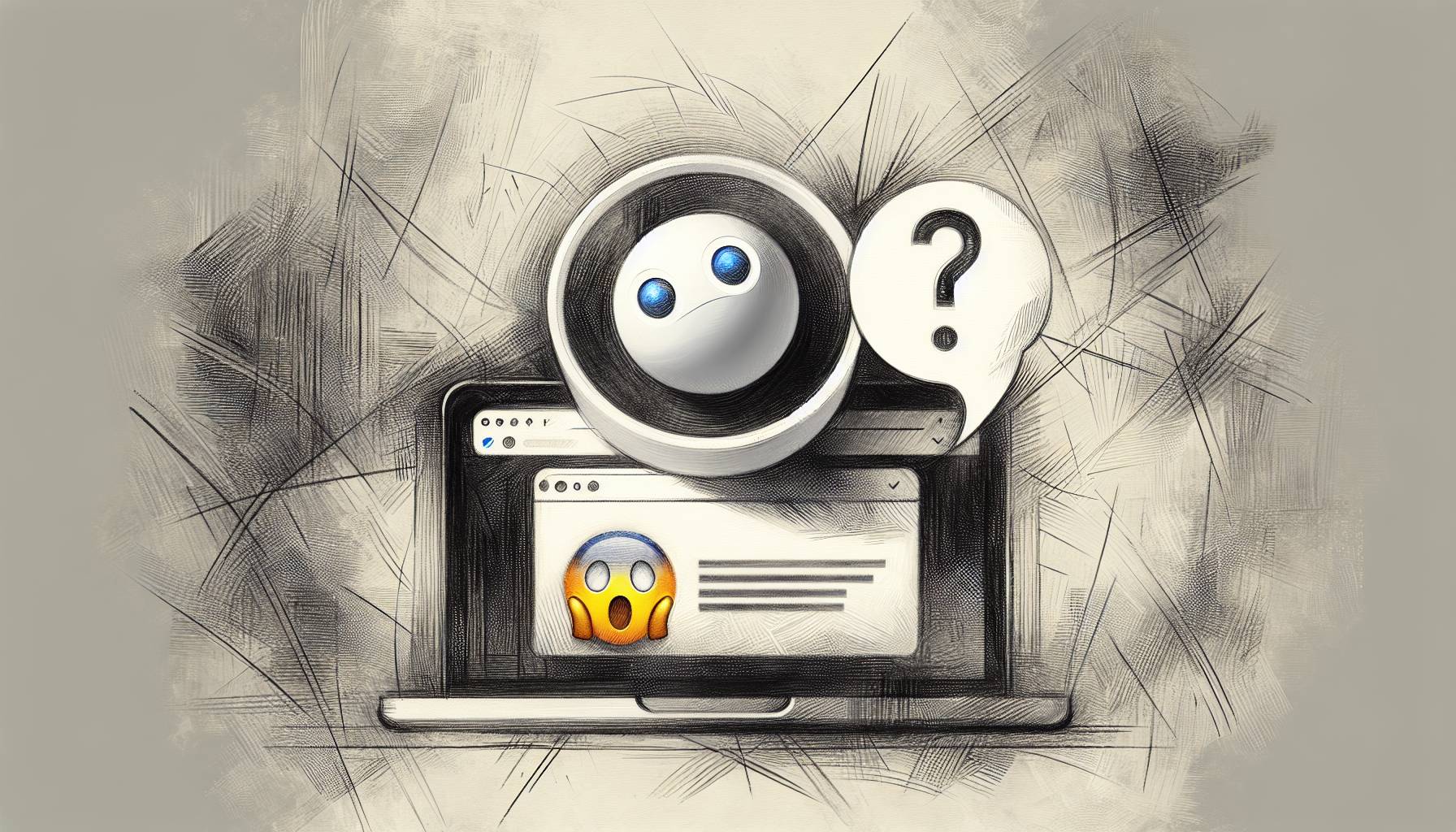Apple (AAPL) retooled its online store page on Apple.com Tuesday night, it seems in preparation for the Verizon (VZ) iPhone launch on Feb. 10. For a brief moment, users got a glimpse of the pricing and service plans that will be available when they purchase an iPhone on Verizon.
The post has since been removed, but the leaked plans confirm that Verizon’s data plan will be unlimited — in fact, that seems to be the only plan. The unlimited data plan will run users $29.99 a month, and users will be able to add a 2GB plan for HotSync, the mobile hotspot tethering service, which was a big selling point for Verizon when they announced the iPhone earlier this month, for $20 a month.
Unlimited data could be a big boon for Verizon as it goes head-to-head with AT&T (T), which no longer offers the unlimited data option. The fact that Verizon is only offering unlimited data is a little telling — AT&T dropped it for all but customers who had been grandfathered into the service in order to help speed up its network, which was struggling under the strain of so much data. Verizon, it seems, doesn’t share those concerns for its data network.
Much of the other pricing is as expected. The two iPhone 4’s available on Verizon, the 16GB and 32GB versions, will run at $199 and $299 with a two-year contract, the same as on AT&T. Voice plans start at $39.99 per month for 450 minutes, then rising to 900 minutes at $59.99 and Nationwide Unlimited at $69.99. Verizon also offers its Family Share plans, in which multiple phones share a set supply of minutes, starting at $69.99 for 700 and going up to $89.99 for 1,400, $99.99 for 2,000 and $119.99 for unlimited.
As for text messaging options, Verizon has three tiers available there, as well. A 250 message-per-month plan starts at $5; 500 messages goes to $10; and unlimited messages costs you $20. Without a messaging plan, messages will cost 20 cents per text message, 25 cents per picture or video message. There’s also a Family Share option for messaging, with the same per-message charge or access to the above $5 and $10 plans. There’s also a $20 plan that offers 5,000 messages for customers who use Family Talk, and an additional $30 plan for unlimited shared messages.
So for a quick point of comparison: on Feb. 10, you’ll be able to get a Verizon iPhone for $199, and if you choose all the lowest options (and assuming you want text messaging), your out-the-door costs will be $273.98 for your first month, or $293.98 if you throw in the Mobile HotSpot service. It works out to $73.99 (or $93.99) per month without the cost of the phone. That also doesn’t include any one-time activation fees or taxes Verizon will likely throw in on top.
Walk out of an AT&T store today with an iPhone, and you’re looking at $199 for the phone, $39.99 for a 450-minute voice plan, $15 for 200MB of data (the lowest available plan), and 1,000 text messages at $10. It’s a grand total of $264.98 out the door — $284.98 if you include monthly tethering — and a monthly rate of $65.99 or $85.99 for the bare-bones plan. AT&T offers double the text messages at the $10 rate, but substantially less data — its highest data plan is $25 per month and caps off at 2GB.
Overall between the two, it works out to be a difference of about $8, with Verizon charging more. If you bump AT&T’s data plan up to the much more comparable 2GB, however, you wind up paying AT&T about $2 more than Verizon, but your money gets you an additional 750 text messages per month at the cost of unlimited data.
That’s an interesting trade-off for customers: all network concerns being equal, will customers want to pay more for texts and get additional data usage, or skip the data and pay less to text?
Of course, the decision to switch or to go iPhone with Verizon (or AT&T) starting in February won’t be that simple. More or less, the difference between the two companies is only a few dollars. Brand loyalty, network quality (both real and perceived), and customer service are going to be the driving forces behind consumers’ decisions starting in February, and if popular opinion is any indication, Verizon will have an edge over AT&T that’s much more substantial than two bucks.



